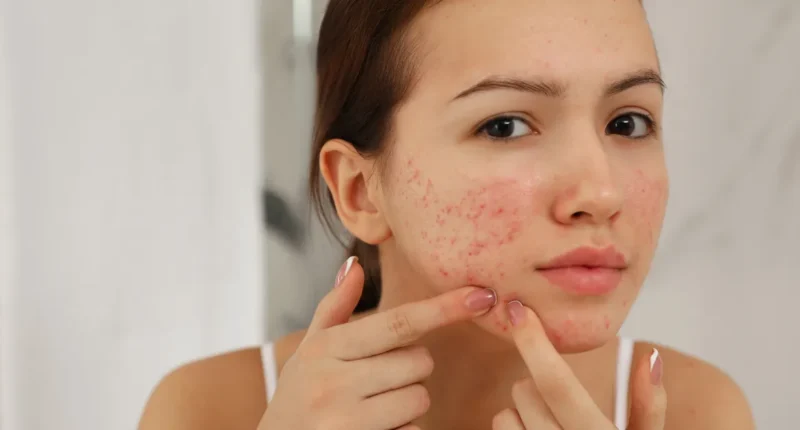Table of Contents Show
Pimples are one of the most common skin problems that affect millions of people around the world. They are caused by clogged pores, bacteria, inflammation, and hormonal changes. Pimples can be frustrating, embarrassing, and sometimes painful to deal with.
While there are many conventional treatments for pimples, such as creams, gels, and medications, they can also have side effects, such as dryness, irritation, and allergic reactions. Moreover, they can be expensive and not always effective.
That’s why many people are looking for natural ways to get rid of pimples fast and safely. Natural remedies can help reduce inflammation, kill bacteria, unclog pores, and balance hormones without harming your skin or your wallet.
In this article, we will share with you 06 natural ways to get rid of pimples in 2024, based on scientific evidence and expert advice. These methods are easy to follow, affordable, and suitable for all skin types. Let’s get started!
01 | Tea tree oil

Tea tree oil is a natural antiseptic and anti-inflammatory agent that can kill acne-causing bacteria and reduce redness and swelling. According to a study, a gel containing 5% tea tree oil was almost four times more effective at reducing acne lesions and almost six times more effective at reducing acne severity than a placebo . Another study found that tea tree oil was as effective as benzoyl peroxide, a common acne medication, but with fewer side effects .
To use tea tree oil for pimples, you need to dilute it with a carrier oil, such as jojoba oil or coconut oil, as it can be very irritating if applied directly to the skin. You can also add a few drops of tea tree oil to your cleanser or moisturizer.
How to use tea tree oil for pimples:
- Combine 1 drop of tea tree oil with 1 teaspoon of carrier oil.
- Dip a cotton swab into the mixture and apply it directly to the affected area.
- Leave it on for 15 to 20 minutes or overnight.
- Rinse it off with water and pat your skin dry.
- Repeat this process once or twice a day until the pimples heal.
02 | Green tea
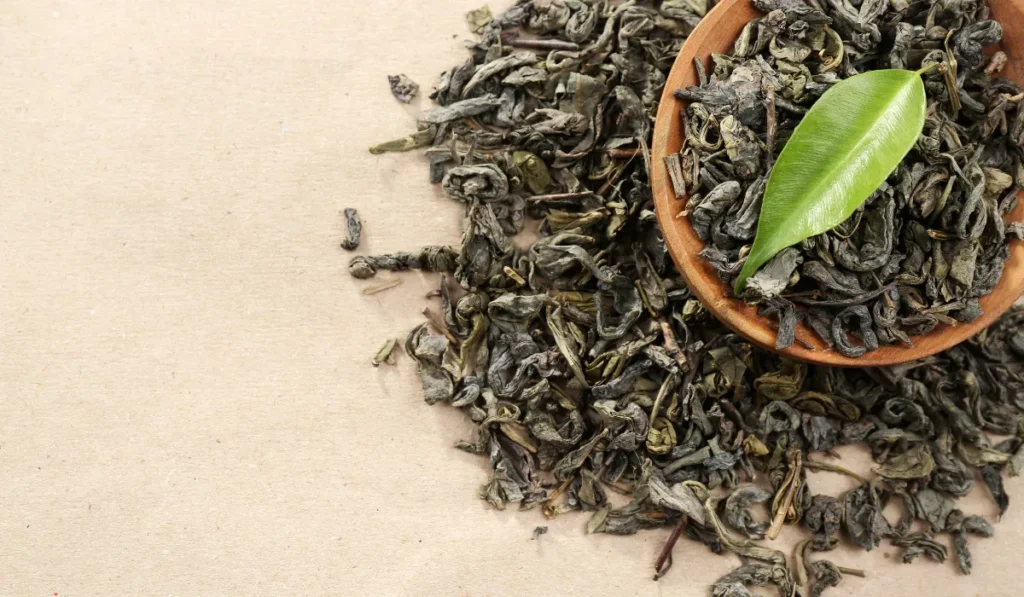
Green tea is rich in antioxidants and polyphenols that can help fight inflammation, bacteria, and free radicals that contribute to acne. A study found that applying a 2% green tea lotion to the skin significantly reduced the number of pimples in people with mild to moderate acne . Another study showed that drinking green tea could also improve acne by reducing sebum production and hormonal levels .
To use green tea for pimples, you can either drink it regularly or apply it topically to your skin. You can also make a green tea toner by steeping green tea leaves or bags in hot water and letting it cool down.
How to use green tea for pimples:
- Brew a cup of green tea and let it cool down completely.
- Soak a cotton pad or ball in the green tea and gently wipe it over your face.
- Let it dry naturally or rinse it off with water after 10 minutes.
- Apply a moisturizer if needed.
- Repeat this process once or twice a day until the pimples clear up.
03 | Aloe vera
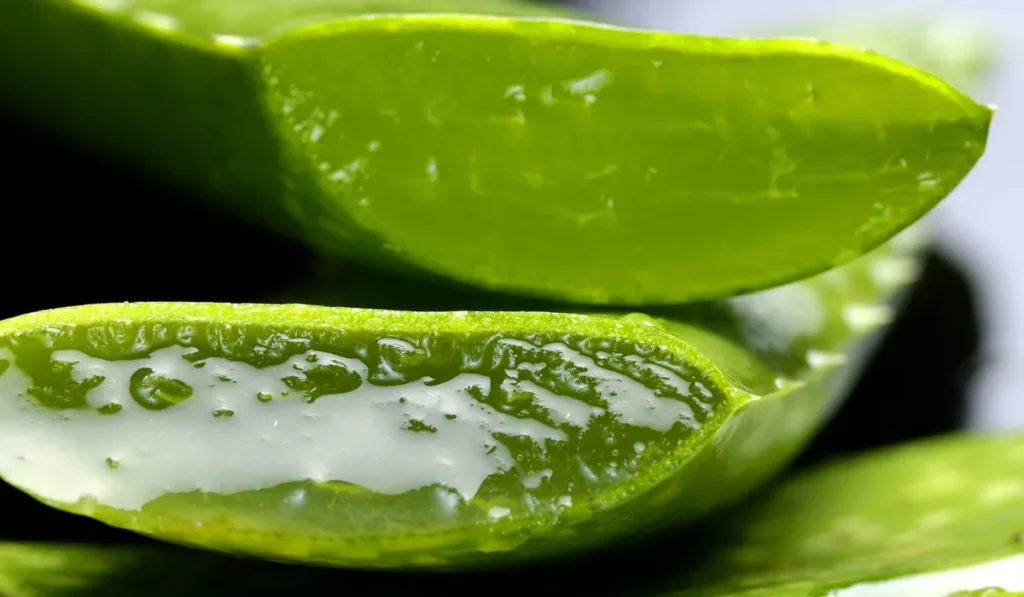
Aloe vera is a succulent plant that has soothing, healing, and anti-inflammatory properties. It can help reduce the redness, swelling, and pain associated with pimples. It can also help prevent scarring and speed up the healing process. A study found that applying a gel containing 50% aloe vera and 0.5% tretinoin (a prescription acne medication) was more effective than tretinoin alone in reducing acne lesions .
To use aloe vera for pimples, you need to extract the gel from the fresh leaves of the plant. You can also buy pure aloe vera gel from health stores or online, but make sure it does not contain any additives or preservatives.
How to use aloe vera for pimples:
- Cut off a leaf from an aloe vera plant and wash it thoroughly.
- Peel off the outer layer of the leaf and scoop out the gel with a spoon or knife.
- Apply the gel directly to the affected area and massage it gently.
- Leave it on for 15 to 20 minutes or until it dries.
- Rinse it off with water and pat your skin dry.
- Repeat this process once or twice a day until the pimples heal.
04 | Honey
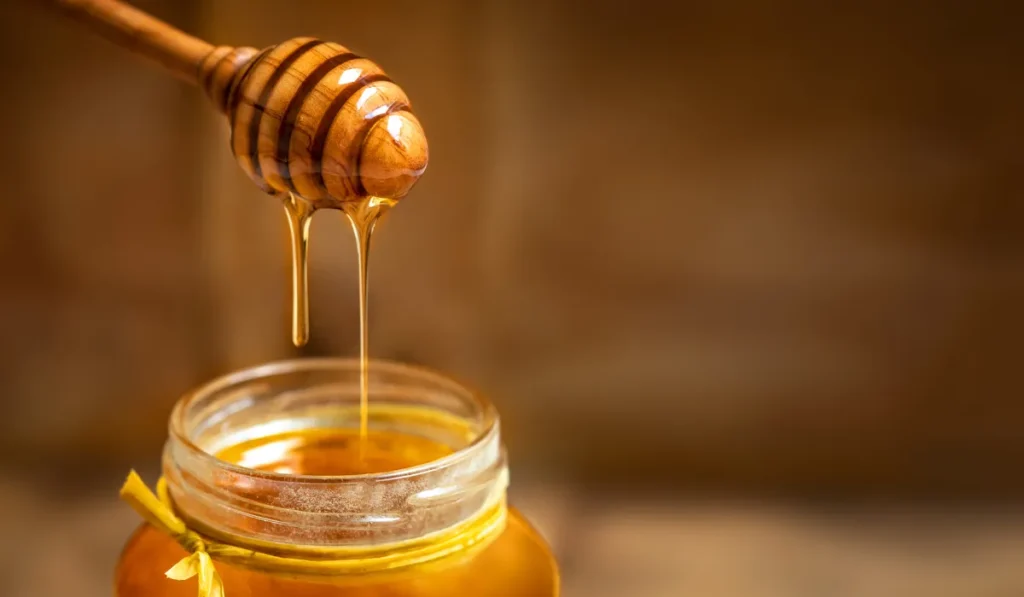
Honey is a natural antibacterial and anti-inflammatory agent that can help kill acne-causing bacteria and reduce inflammation. It can also help moisturize and soothe your skin. A study found that applying honey to the skin for 15 minutes reduced the size and redness of pimples .
To use honey for pimples, you need to use raw, organic, and unfiltered honey, as processed honey may contain additives or chemicals that can irritate your skin. You can also mix honey with other ingredients, such as cinnamon, lemon, or oatmeal, to enhance its effects.
How to use honey for pimples:
- Wash your face with a mild cleanser and warm water and pat it dry.
- Apply a thin layer of honey to the affected area or your entire face.
- Leave it on for 15 to 20 minutes or longer if desired.
- Rinse it off with water and pat your skin dry.
- Repeat this process once or twice a day until the pimples heal.
05 | Zinc
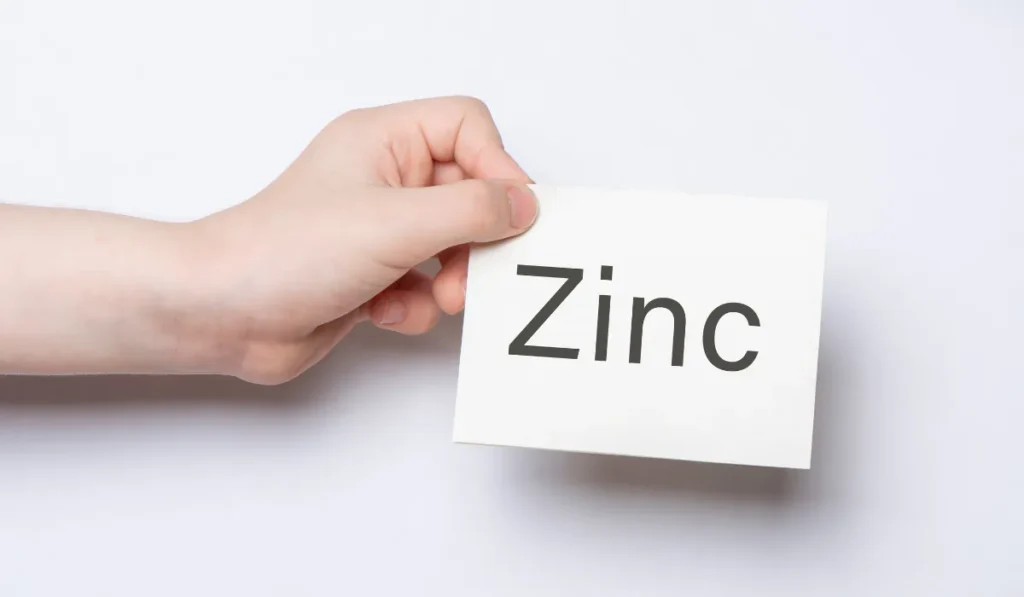
Zinc is an essential mineral that plays a role in wound healing, immune function, and hormone regulation. It can also help reduce acne by inhibiting the growth of P. acnes bacteria, reducing inflammation, and regulating sebum production. A review of studies found that oral zinc supplements were effective in treating acne, especially in people with low zinc levels . Another study found that applying a 1.2% zinc sulfate solution to the skin reduced the number of pimples by 49% after 12 weeks .
To use zinc for pimples, you can either take oral zinc supplements or apply topical zinc products to your skin. However, you should consult your doctor before taking any supplements, as too much zinc can cause side effects, such as nausea, vomiting, diarrhea, and copper deficiency. You should also follow the dosage and instructions on the label of any zinc product you use.
How to use zinc for pimples:
- Take an oral zinc supplement according to the dosage and instructions on the label or as prescribed by your doctor.
- Apply a topical zinc product, such as a cream, gel, lotion, or serum, to the affected area according to the directions on the label or as prescribed by your doctor.
- Repeat this process once or twice a day until the pimples heal.
06 | Exfoliation

Exfoliation is the process of removing dead skin cells, dirt, and excess oil from the surface of your skin. This can help unclog your pores, prevent acne breakouts, and improve your skin texture and appearance. A study found that using a 2% salicylic acid gel twice a day for 12 weeks reduced acne lesions by 48% . Salicylic acid is a type of beta hydroxy acid (BHA) that can penetrate deep into your pores and dissolve the debris that causes acne.
To exfoliate your skin for pimples, you can use a gentle scrub, a chemical exfoliant (such as salicylic acid or glycolic acid), or a mechanical device (such as a brush or sponge). However, you should not over-exfoliate your skin, as this can cause irritation, dryness, and more acne. You should also avoid exfoliating if you have open wounds, sunburns, or sensitive skin.
How to exfoliate your skin for pimples:
- Wash your face with a mild cleanser and warm water and pat it dry.
- Apply a small amount of scrub, chemical exfoliant, or mechanical device to your face and gently massage it in circular motions.
- Rinse it off with water and pat your skin dry.
- Apply a moisturizer if needed.
- Repeat this process once or twice a week until the pimples heal.
FAQ Section: Natural Ways to Get Rid of Pimples
Q: How long does it take for these natural remedies to work?
A: The results may vary depending on your skin type, the severity of your acne, and how often you use these remedies. However, you should see some improvement within a few days or weeks of using these natural remedies consistently.
Q: Are there any side effects of using these natural remedies?
A: These natural remedies are generally safe and gentle for most people. However, some people may have allergic reactions or skin irritation from some ingredients, such as apple cider vinegar or tea tree oil. Therefore, it is advisable to do a patch test on a small area of your skin before applying these remedies to your face. If you experience any itching, burning, redness, or swelling, stop using the remedy immediately and consult your doctor.
Q: Can I use these natural remedies along with other acne treatments?
A: It is possible to use these natural remedies along with other acne treatments, such as over-the-counter products or prescription medications. However, you should be careful not to overuse or mix different products that may cause irritation or dryness to your skin. You should also consult your doctor before using any natural remedies if you are pregnant, breastfeeding, or have any medical conditions.
Q: How can I prevent pimples from coming back?
A: To prevent pimples from coming back, you should follow a good skin care routine that includes cleansing, toning, moisturizing, and exfoliating your skin regularly. You should also avoid touching your face, picking or popping your pimples, and using harsh or comedogenic products that may clog your pores. Additionally, you should eat a healthy diet, drink plenty of water, get enough sleep, and manage your stress levels.
Sources:

